 |
| June 18, 2020 |
Dear Reader,
An Australian utility has drawn up plans that would marry the country's renewable energy power with a decades-old trick of hydro engineering. If successful, the design could help solve one of the biggest hurdles of renewable energy: finding a way to store excess power generated by wind turbines and solar panels. Critically for the global fight against climate change, it also could reduce the country's reliance on coal. Another story from today's roundup is about how the mosquito-borne malaria parasite, Plasmodium, trades genes. A new study finds that all the genetic diversity within an actively infected human host—up to 17 parasite strains—can come from just one bite. And lastly, our lead story explains the massive impact infection rates can have on the predictive value of antibody tests. |
| | Sunya Bhutta, Senior Editor, Audience Engagement
@sunyaaa | |
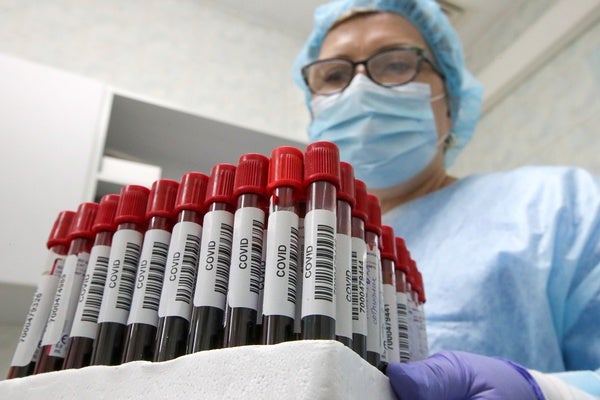 |
| |
| |
| |
| |
| |
| |
| Climate Science On the Hill: Calculating Climate For the fourth Science on the Hill event, "Future Climate: What We Know, What We Don't", experts talked with Scientific American senior editor Mark Fischetti about what goes into modeling our climate and how such models are used in addition to long-term climate prediction. |  | By Mark Fischetti,Steve Mirsky | 59:55 | | | |
| |
| |
FROM THE STORE
 | | | |
| |
FROM THE ARCHIVE
 | | | |
LATEST ISSUES
 |
| |
| Questions? Comments?  | |
| Download the Scientific American App |
| |
| |



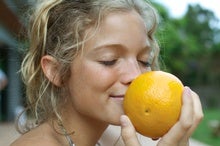
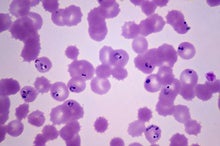
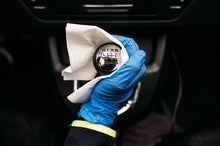
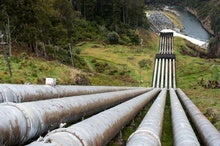

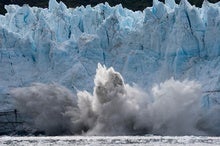
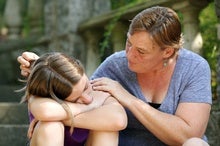
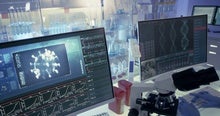
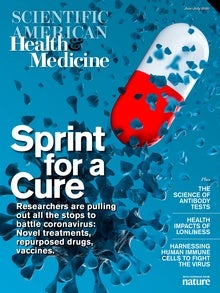

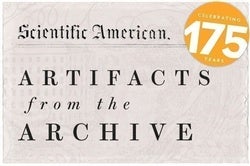
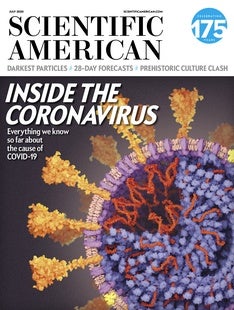

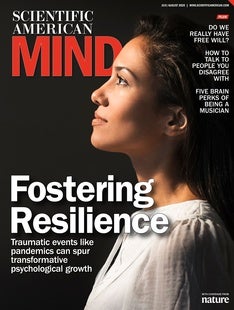
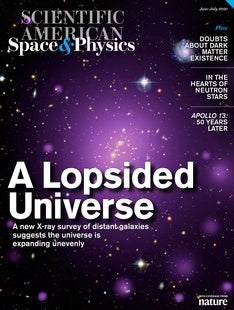
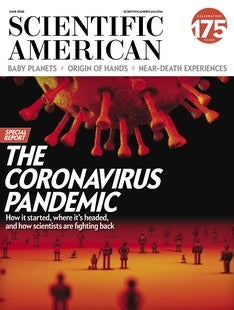



Comments
Post a Comment